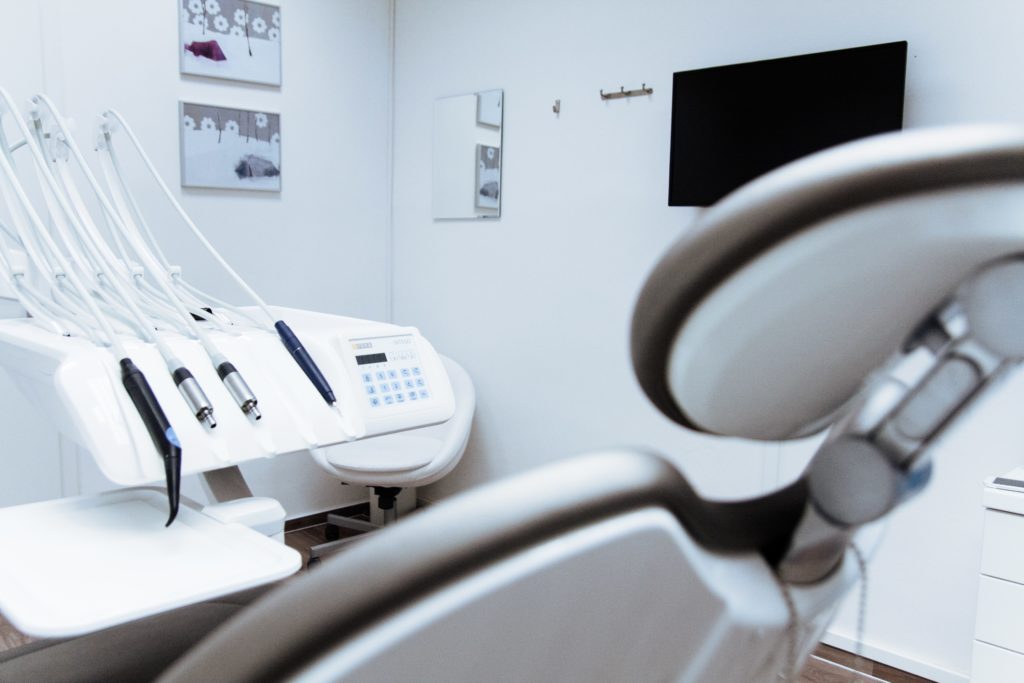SEO For Dentists
How to Reach More Patients Online with Dental SEO Services
Every dental practice needs a strong search engine optimization (SEO) strategy. If you haven’t started taking steps to increase your visibility in organic search results, you’re missing out on valuable patient connections and the resulting long-term relationships your practice needs to thrive. It’s time to start taking a robust approach to SEO so that you can reach more patients, expand your practice and establish yourself as the top choice in the area you serve.
Why Should Dentists Care About SEO?
When potential patients search for a dentist, they include location information like city names or zip codes to narrow down their choices to practices within a reasonable distance. Mobile searches are even more precise because search engines can pick up location data from mobile devices and use it to provide the most relevant results based on proximity. Without targeted SEO, search engines won’t know to include your practice in these searches, and patients won’t be able to discover you.
However, it’s not enough just for search engines to know you exist. Your practice needs to establish a highly visible presence across the web in order to gather leads, encourage click-throughs and generate conversions. It’s critical for at least one link associated with your practice to appear in the top five search results on engines like Google. These results get 67.6 percent of all click-throughs. The next five results get only 3.73 percent of traffic. If you can dominate the top results, you put yourself ahead of the competition and ensure your practice is the first one potential patients choose to contact.

Tips for Successful Dental SEO
Implementing SEO for dentists requires planning and a willingness to invest the time necessary to take the right actions. These four tactics are some of the most common used by dental practices and other local businesses to drive traffic to their websites and establish contact with potential customers. Each one should have its place in your SEO strategy to ensure you establish a solid foundation from which to launch more advanced tactics in the future. Before you get started, review the steps involved. Create a plan for applying each strategy to increase the online visibility and authority of your practice.
On-site Optimization
Keyword research tools, such as the Keyword Planner provided in Google Adwords and the Keyword Explorer by Moz, show you the metrics associated with each word or phrase. Information like search volume, trends, organic click-through rates and how difficult it is to rank highly for any given term provide insight into which keywords have the potential to be most beneficial for your dental practice. Apply this data to your list, and incorporate the best words organically into page titles, meta descriptions, image tags and on-page content. Avoid “stuffing” too many keywords into any one page. Search engines see this as an attempt to cheat the system and penalize sites using the practice.


